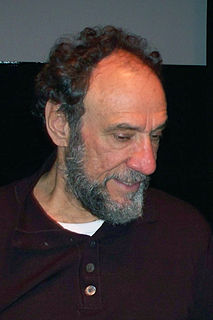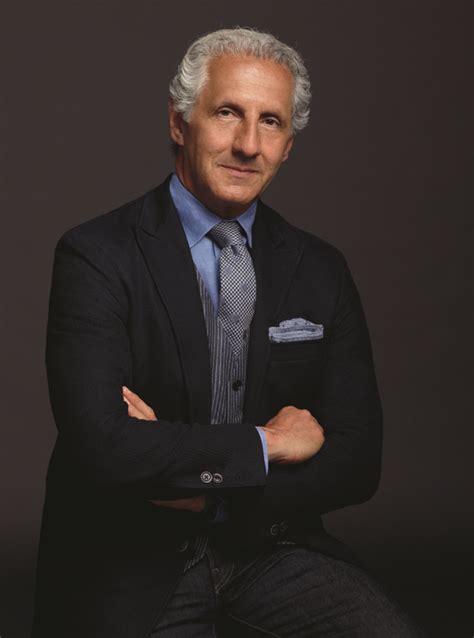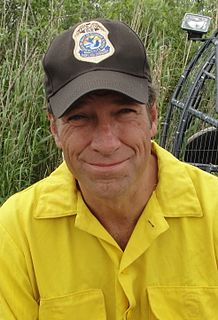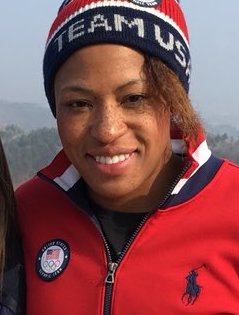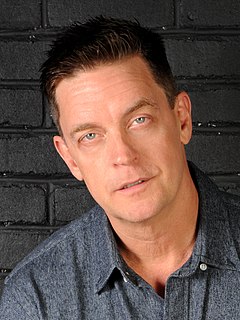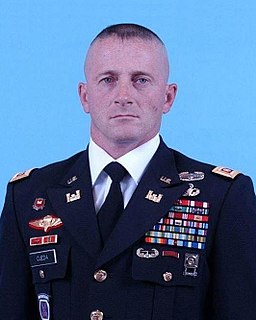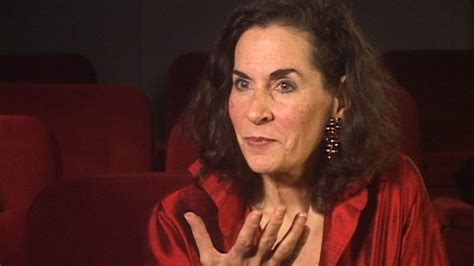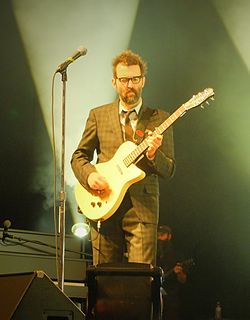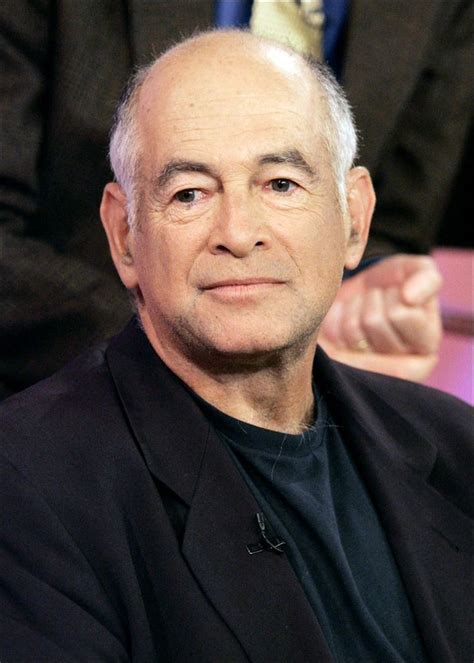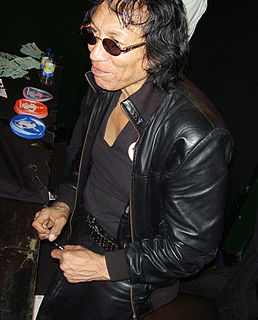A Quote by F. Murray Abraham
My family is blue-collar - coal miners and steelworkers. My father was an automobile mechanic, and us boys were brought up to work. I used to pump gasoline at 11 cents a gallon. I thought I would like to be a first-rate mechanic; a respected, hard-working man.
Related Quotes
I come from a blue collar family, but my personal life isn't. I didn't get the gene that my grandfather had in spades. He was a local hero. Built the church that I went to. Built the house I grew up in. Steamfitter, pipefitter, electrician, mechanic and plumber. I wanted to do those things. But it just didn't come easy.
I think the biggest thing to being an elite-level bobsledder is grit. You have to really want it. It's a very blue-collar sport. We do a lot of the work ourselves; we sand the runners, we wash the sled, we help maintain the sled. Obviously, we have a sled mechanic that travels with us, but a lot of the work we do ourselves.
I told my friend - we were working on a movie together - and he gave me a script and asked me to give him notes. And they were all male characters, and I said, "You know what would make this character more interesting?" And he asked what - and it's this road trip between three guys, basically, one older man, one 30-year-old and a 13-year-old mechanic. And I said, "If you make the 13-year-old a girl, and you make her an Indian-American mechanic." And he said, "What do you mean?" And I said, "Yeah, don't change anything in the script about him, and just make it a her."
Say that Congress legislates gasoline price controls that sets a maximum price of $1 a gallon. As sure as night follows day, there'd be long lines and gasoline shortages, just as there were in the 1970s. For the average consumer, a $1.60 a gallon selling price and no waiting lines is a darn sight cheaper than a controlled $1 a gallon price plus searching for a gasoline station that has gas and then waiting in line. If your average purchase is 10 gallons, and if an hour or so of your time is worth more that $6, the $1.60 a gallon free market price is cheaper.
My father worked in the Post Office. A lot of double shifts. All his friends were in the same situation - truck drivers, taxi cab drivers, grocery clerks. Blue collar guys punching the clock and working long, hard hours. The thought that sustained them was the one at the center of the American dream.
There were always men looking for jobs in America. There were always all these usable bodies. And I wanted to be a writer. Almost everybody was a writer. Not everybody thought they could be a dentist or an automobile mechanic but everybody knew they could be a writer. Of those fifty guys in the room, probably fifteen of them thought they were writers. Almost everybody used words and could write them down, i.e., almost everybody could be a writer. But most men, fortunately, aren't writers, or even cab drivers, and some men - many men - unfortunately aren't anything.
